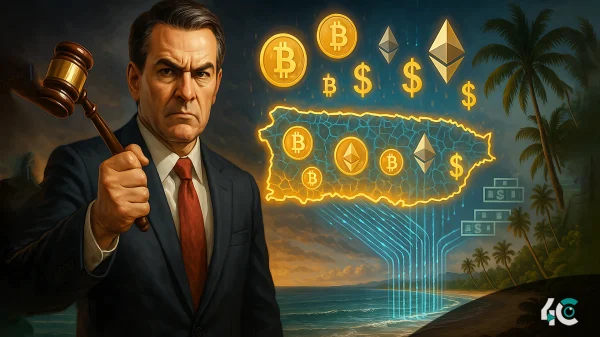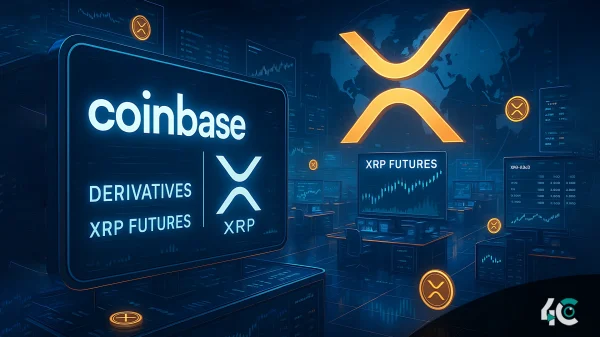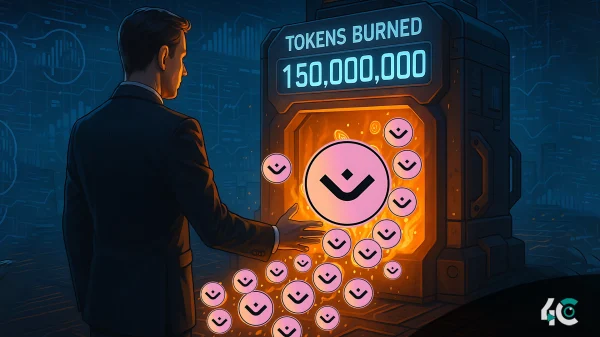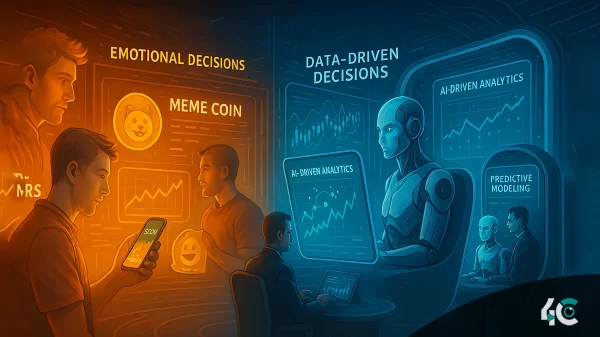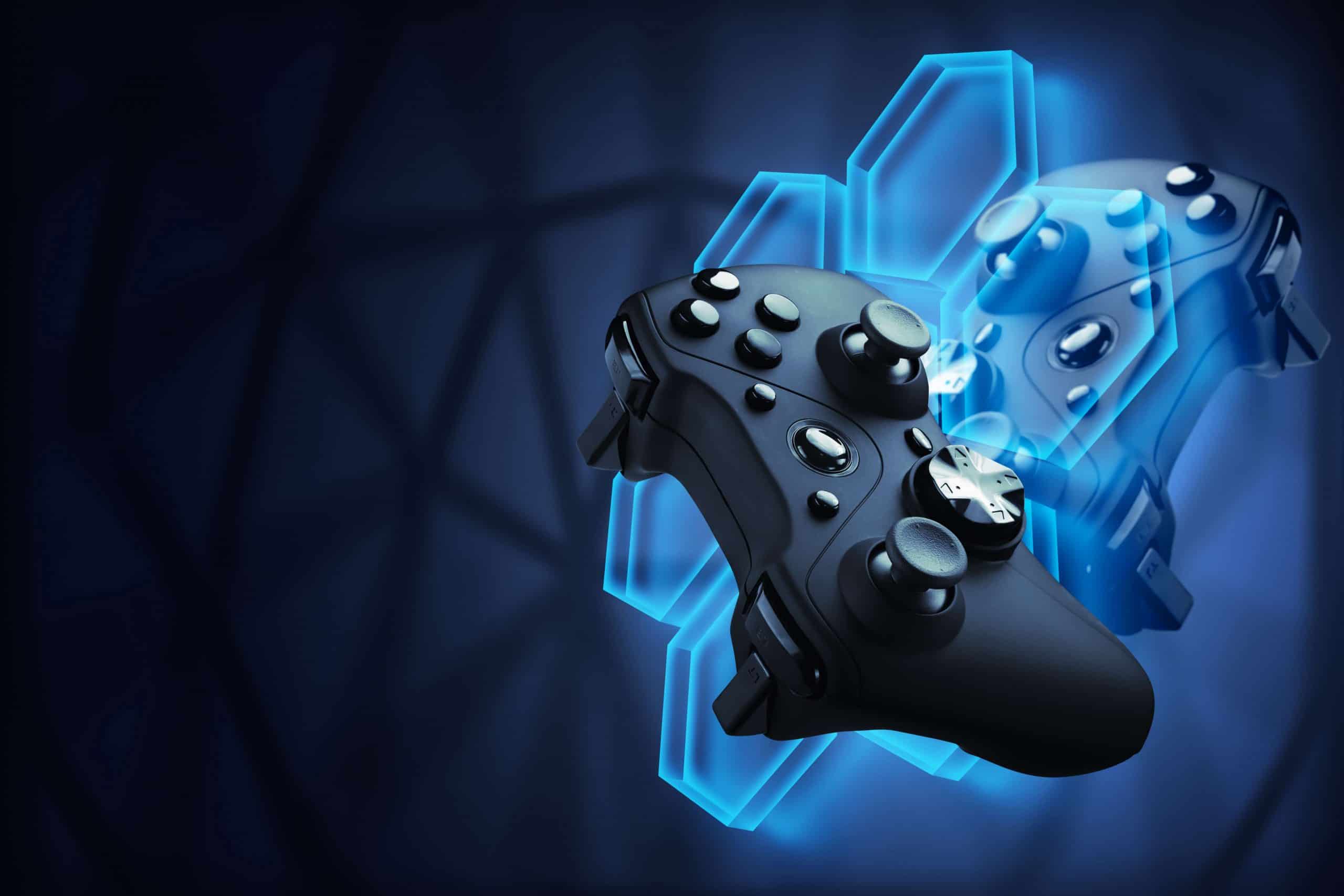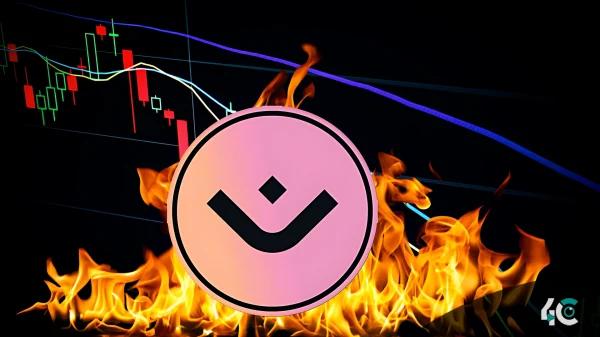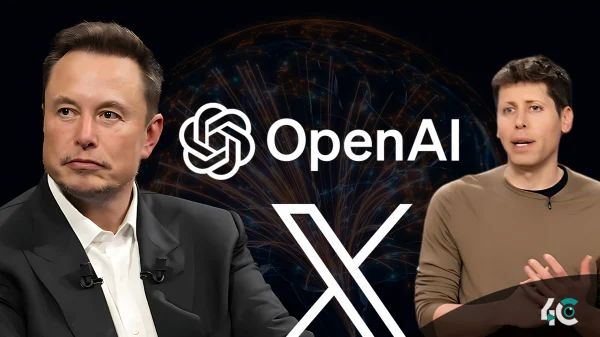Throughout this article, we will look at how two giant industries (based on their market potential) can combine forces to disrupt the market and increase revenue.
Gaming assets are almost as valuable as tangible assets, and the blockchain provides discernible evidence of the provenance of specific virtual items. Blockchain could potentially provide a decentralized asset exchange, verifiable scarcity of virtual objects, fast and secure payment networks, and monetization of gaming assets. Further, digital tokens from blockchains apply to e-sports by creating in-game tokens and driving seamless transfers on decentralized exchanges.
The use of blockchain as a gaming tool has also expanded beyond the gaming industry; several companies are developing high-end games based on blockchain technology.
Next, we will explore the potential of blockchain and gaming together.
Gaming industry
In 2018, video game revenue reached a new peak of $43.8 billion in global sales, rising 18 percent over the past year and surpassing the projected total global box office for the film industry, according to new data released by the Entertainment Software Association and NPD Group.
Globally, gamers spent $138 billion on gaming in 2018, and blockchain will allow that figure to rise beyond $500 billion. We can do this by creating more roles and ways to play for gamers so that they get engaged and stick around.
From cassette video games to PlayStation, to AR games (Pokémon), the gaming industry has rapidly increased the number of users and revenue among other industries. We will discuss more about how the gaming industry can enhance growth using blockchain first, and then we will discuss the potential strength of this industry alone.
Applications of Blockchain Technology in the Gaming Industry
Safe and secure environment
In addition to its decentralization qualities, Blockchain comes with highly robust security measures to prevent hackers from creating, deleting, or modifying data on the server. As a result, both game entrepreneurs and developers are provided with a secure environment that leads to better results.
A perfect way to manage digital assets
Apart from the development of new gaming models and the best online gaming platforms, blockchains are emerging as a perfect way to manage digital assets for our favorite games. Consequently, if a gamer wishes to buy or sell in-game collectibles with digital currencies, they can do so using the robust security provided by blockchain during the transaction.
Opportunity to own the digital assets
Blockchain technology offers game players the opportunity to own their digital assets, one of the biggest advantages in the gaming industry.
All transactions in a blockchain-powered game are managed by smart contracts. Smart contracts execute automatically based on conditions coded in them, and transactions are irreversible. Thus, when you launch a blockchain-based game, your players’ in-game assets are automatically transferred to their public addresses. In this way, smart contracts make digital assets available to them directly.
Furthermore, due to the absence of a centralized authority, smart contracts function without interference. This means no one can change the public address at which in-game assets are stored, furthermore meaning no one can change ownership of those assets secretly. They belong to the player who owns them.
Creation of newer gaming assets
In the gaming industry, blockchain technology brings the power of smart contracts, which makes it easier to create IF-THEN-ELSE conditions. In this way, you can create rare digital collectibles and drive higher revenues. CryptoKitties is an example of this, where smart contracts ensure the breeding of rare kittens and draw higher amounts of money.
Power of interoperability in the ecosystem
By adding a touch of interoperability into the process, blockchain technology also enhances the evolving gaming market.
To conduct cross-platform transactions across the blockchain ecosystem, cryptocurrency traders and investors rely on a public address. The same can be said when a developer develops an application that a player can use to enter a new gaming level by using a unique public address. Due to this fact, a player of an online game, for instance, can make a transaction with another online game using the same public address.
Collaboration between game players and app developers
Blockchain can also prove to be a very effective tool in collaboration within the gaming industry.
Previously, game developers and players could only communicate through any medium. Because of this, it was quite difficult for the latter to design a game platform that provided a truly immersive experience for the former.
Due to blockchain technology, the gap between the two has been somewhat filled. The use of blockchain-based applications added a consensus mechanism that allowed players and developers to discuss ideas for improving the game.
Enables the prediction of values of intangible assets
Blockchain technology is also used by Axiom Zen’s blockchain-powered game, launched in November 2017, to calculate digital asset values.
With a blockchain platform, it is very easy to build an interesting and engaging game where players do not hesitate to devise real value out of the insubstantial collectibles.
Blockchain technology is revolutionizing the gaming industry in a variety of ways. Not only have gamers responded but developers and gaming industries have been convinced to discuss and gain a bigger share of the blockchain market between 2016 and 2023.
Therefore, if you are someone who aims to enter the gaming economy or are already a part of it, consider exploring blockchain app development companies to begin integrating this technology right now.
Blockchain prevents frauds:
Blockchain networks are protected from hackers by modern cryptography and consensus algorithms. Smart contracts run on blockchain networks might be vulnerable if they contain bugs. In 2016, for example, hackers exploited the Ethereum DAO bug.
An exploit of a loophole in the Ethereum DAO smart contract allowed malicious agents to steal 3.6 million ETH ($ 70 million at the time), but the blockchain’s transparency prevented them from doing so. The Ethereum community soon became aware of the hack, and they implemented a hard fork to stop the drain of funds and refund the investors.
Make sure your smart contracts are well coded if you’re creating a game on the blockchain. However, a completely open ledger of all transactions can prevent frauds, which is yet another benefit of blockchain.
You should consider the benefits of blockchain technology for game distribution when designing your next viral game.
Best use cases of NFTs in gaming
NFTs also offer several gaming industry use cases that could revolutionize the sector. Let’s see what they are.
Digital collectibles
The most prevalent use case for NFTs in gaming is digital collectibles. Games such as Cryptokitties or Axie Infinity allow players to collect virtual pets, breed them and resell them on the open NFT market.
Additionally to being a fun hobby, digital collectibles can become very lucrative. The most valuable CryptoKitty sold for 600ETH ($1.5 million)!
Items and game avatars
Gamers can resell in-game items or avatars for real money or cryptocurrencies, making the time spent in a game worth their while. Another important application of NFTs in gaming is tokenization of in-game items and avatars, like in Alien Worlds.
Virtual real estate
The Sandbox is an open-world game in which players can own virtual real estate, rent it out, and sell it for profit. Games like these let gamers create a crypto-economy that is linked to the financial system in the real world.
CONCLUSION
Despite the apparent ease in which blockchain can be implemented in gaming, there are at least a few hurdles to overcome. The number of game publishers supporting blockchain is still quite small, and gaming companies are not yet willing to release in-game content without a means of making a profit.
In any case, blockchains offer too many advantages to ignore, and we can expect more game developers to adopt them in the future, which should make for a more rewarding gaming experience for both game players and game publishers.


